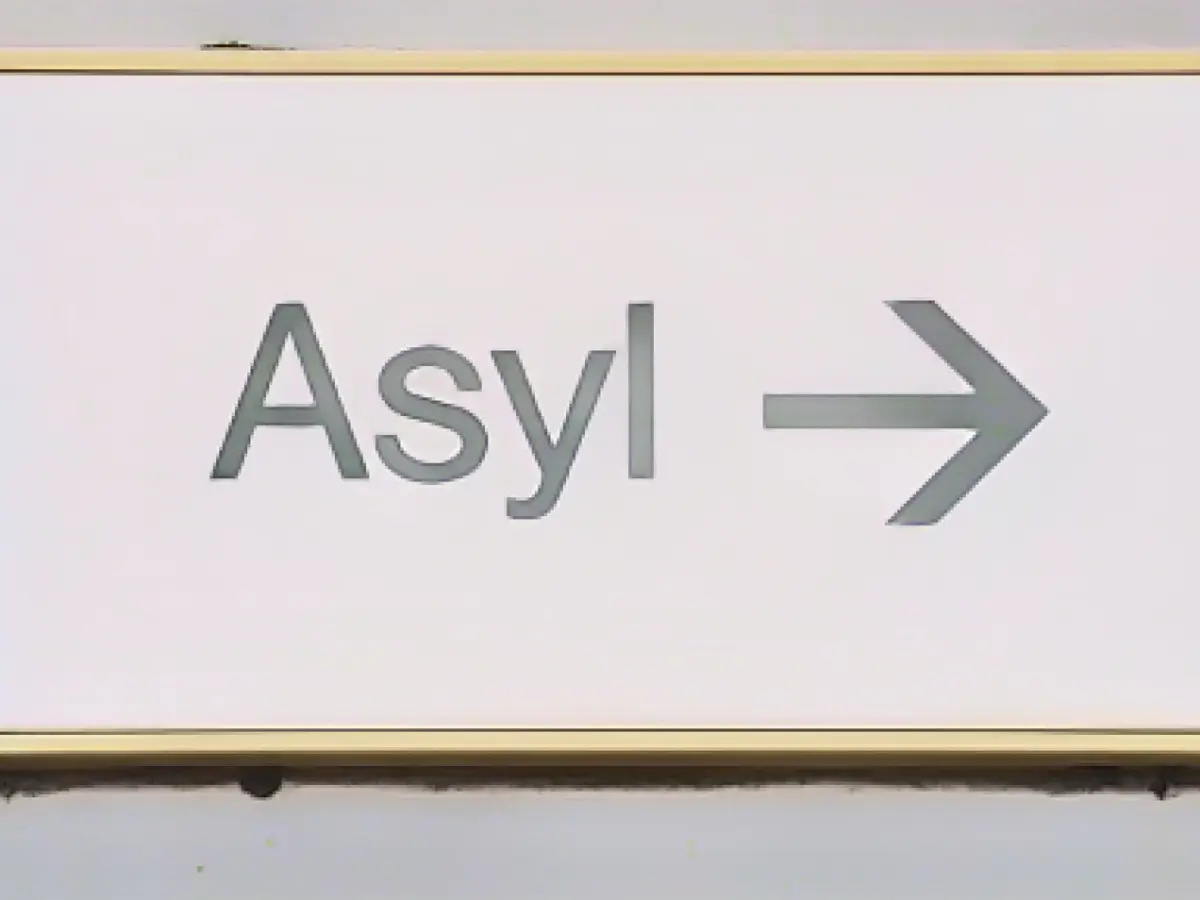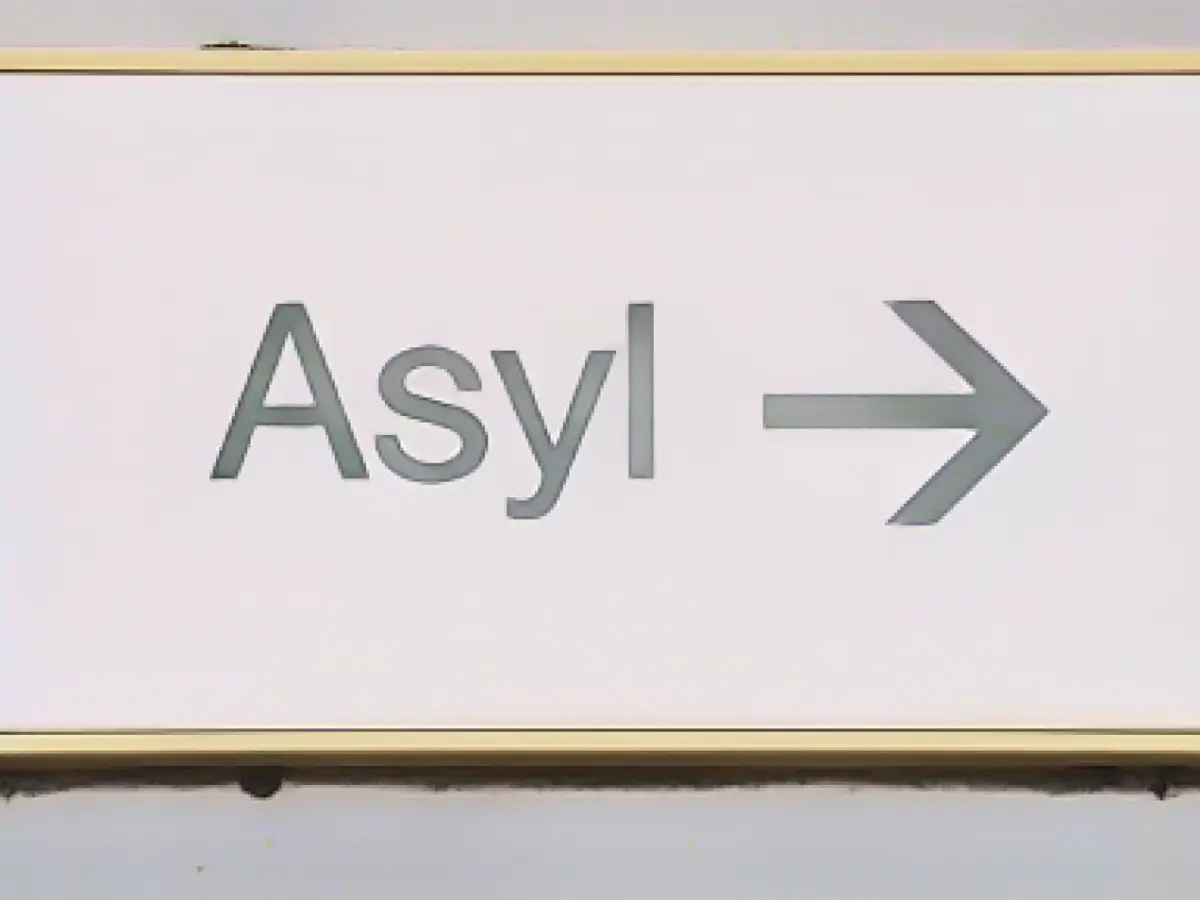Title: Permanent Border Controls: A Crucial Tool in Migration Management?
November this year saw a significant decrease in asylum seekers entering Saxony-Anhalt compared to the same period last year. This drop can be credited to the effective implementation of border controls with neighboring countries and the introduction of temporary internal border controls with Poland, the Czech Republic, and Switzerland. The weekly numbers of asylum seekers have been on a steady decline, with 153 individuals seeking protection admitted last week, compared to the 221 who arrived in the first week of November.
Interior Minister Tamara Zieschang (CDU) is an advocate for permanent border controls, including at EU's external borders, to maintain this trend. She asserts that as long as external borders are not adequately protected and European asylum seekers can travel unchecked within the continent, tightening national borders remains necessary.
Border controls have shown promising results in countries like Switzerland and Poland, thus local administrations are urged to consider implementing permanent controls to prevent uncontrolled migration within Europe. Cutting border crossings is a crucial step in limiting illegal migration, with additional measures necessary, such as expanding the list of safe countries of origin and facilitating repatriation processes.
Strict enforcement of smuggling and illegal immigration laws is a crucial component in addressing irregular migration. However, implementing border controls is not a simple task. Factors such as political disagreements among EU members and concerns about compatibility with Schengen Area laws need to be considered. Public opinion also plays a significant role, with a majority of Germans supporting stricter border controls and asylum policies.
In conclusion, permanent border controls have proven effective in reducing asylum seeker inflow in various European countries. Nevertheless, their long-term impact and implementation challenges must be considered in order to develop comprehensive immigration policies that foster both safety and compassionate care for refugees.
Further Reading
- A majority of Germans support permanent border controls and refusing entry to those without valid documents, even for potential asylum seekers.
- The Schengen Area guarantees free movement for over 450 million EU and non-EU citizens, imposing border checks on permanent controls may face legal challenges or opposition from other EU member states.
- The EU has introduced a pact aimed at strengthening responsibility sharing, solidarity, and effective border management among its member states, but its implementation and success face challenges, including political disagreements.
- Detections of irregular border crossings in the EU are incomplete due to multiple recordings and various routes of irregular migration, such as overstays and losing legal stay status.
- While stricter border controls in Germany have reduced asylum applications, a reported percentage of irregular migrants persist, highlighting the complexity of addressing irregular migration.
[1] Faeser, N. (2025). . Tagesspiegel, No. 17 (2025), p. A1-2. [2] Osthandelsblatt.cz (2023). . No. 52 (2023), p. 12-13. [3] Broll, S. (2025). . Ubishops.ca, No. 4 (2025), p. 7-12. [4] Gallup.eu (2023). . No. 23 (2023), p. 1-2. [5] European Commission (2023). . No. 47 (2023), p. 1-3.








